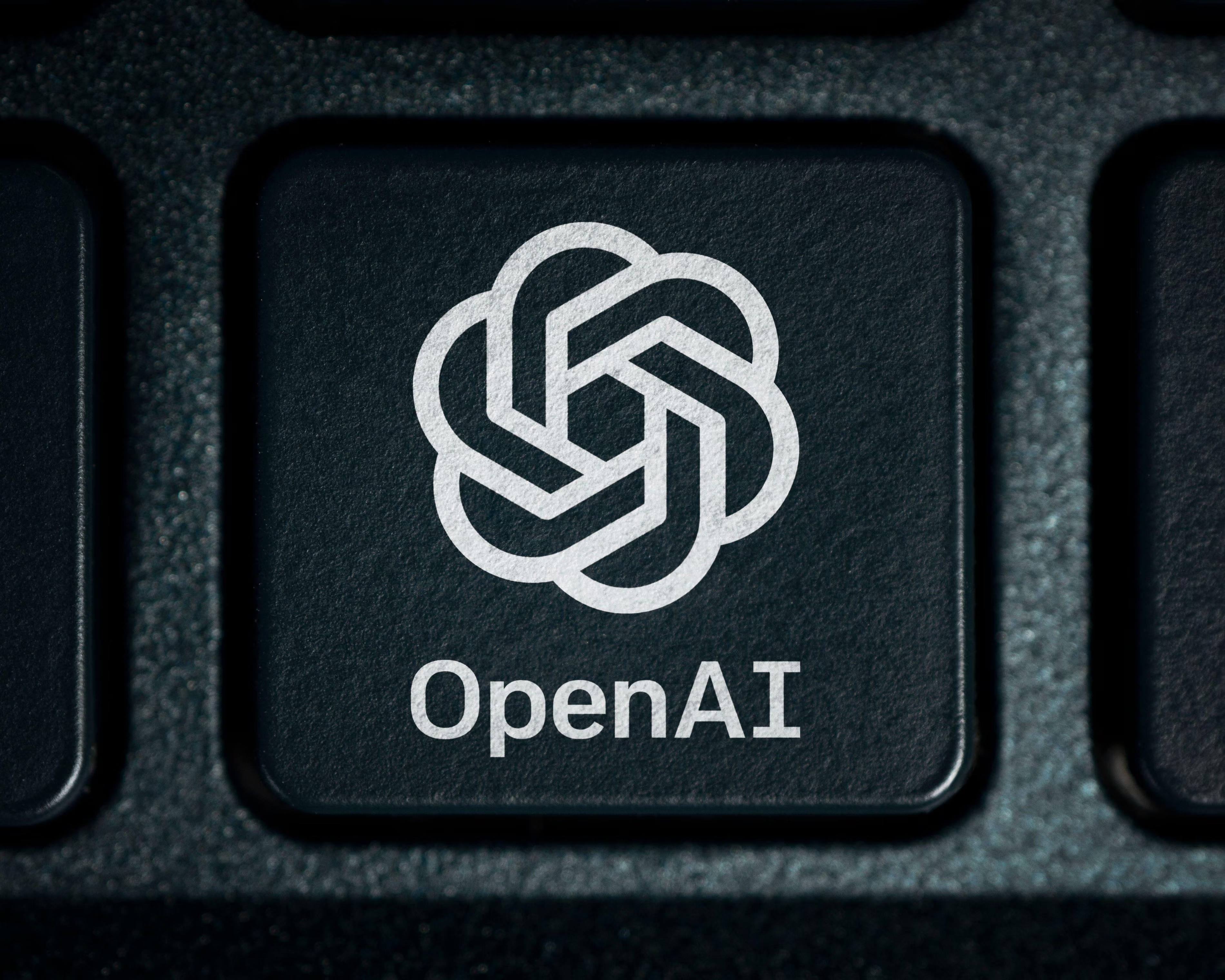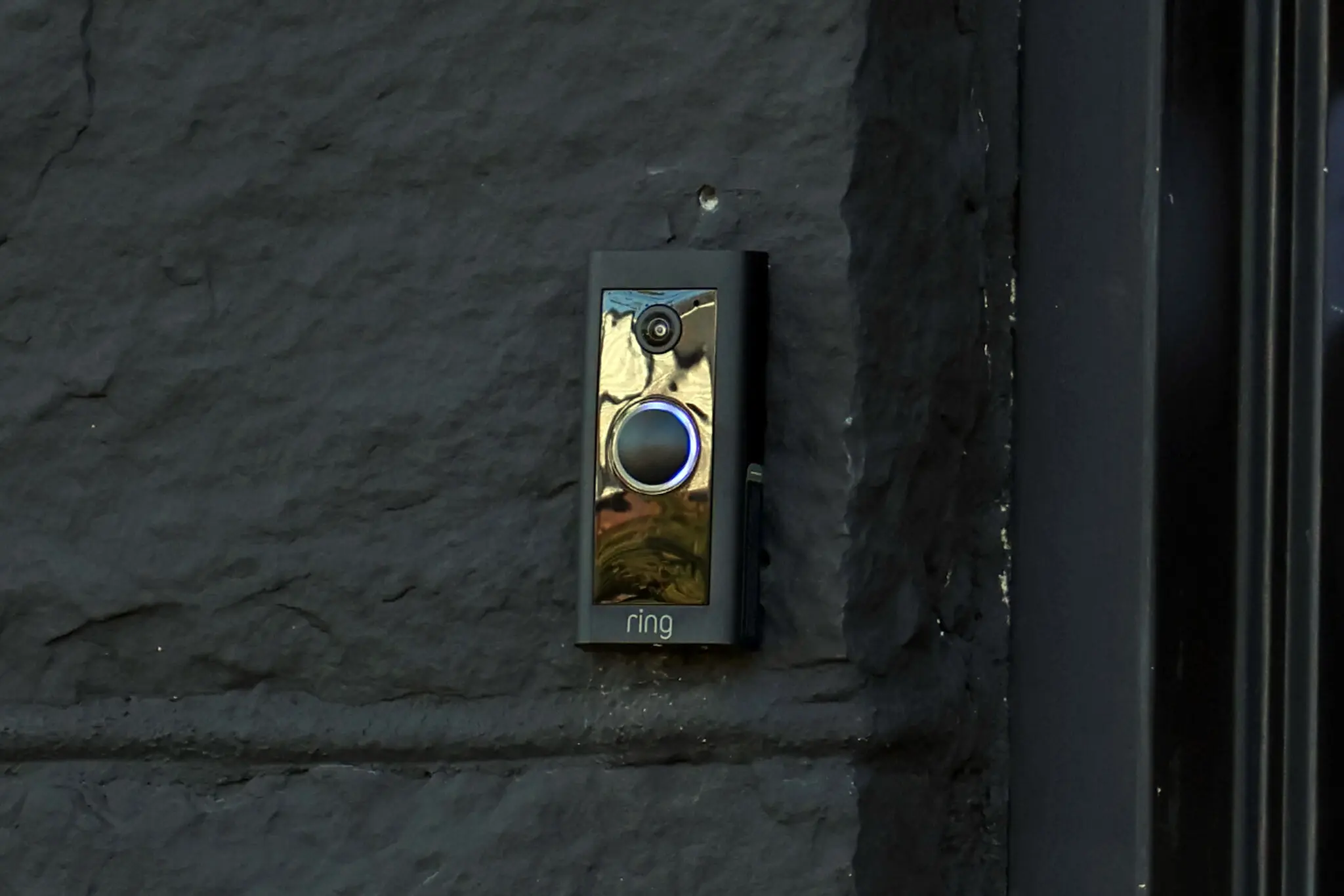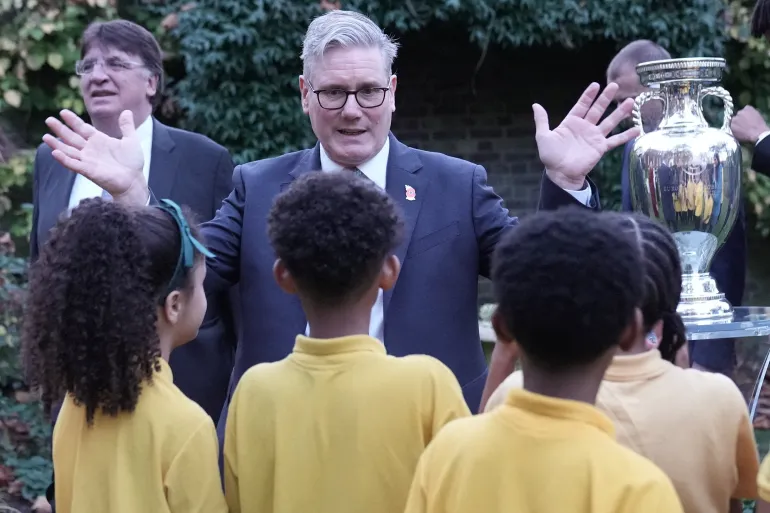CBS News and the Daily Beast contributed to this report.
Last month, President Donald Trump quietly signed a full, unconditional pardon for Changpeng “CZ” Zhao — the billionaire founder of Binance and one of the richest men in crypto. Now, questions are piling up about whether that pardon was influenced by Zhao’s financial ties to a Trump family venture.
Zhao, who was born in China and is now a citizen of the United Arab Emirates, built Binance into the world’s largest cryptocurrency exchange. In 2023, he and the company pleaded guilty to failing to prevent money laundering on the platform. Binance agreed to pay a $4 billion fine, and Zhao served four months in prison.
“He ran one of the world’s biggest platforms for moving digital money and allowed it to be used for serious criminal activity — including terrorist financing,” said Elizabeth Oyer, the former head of the Justice Department’s pardon office, who handled clemency applications for years.
She argues Zhao’s case was nowhere close to meeting normal Justice Department standards for a pardon.
Oyer calls the pardon “unprecedented” in terms of the role money appears to have played and the personal benefit she says it conferred on Trump, his family, and his inner circle. In her words, this isn’t justice — it’s corruption.
The controversy doesn’t stop with Zhao’s criminal record.
During the 2024 campaign, Trump embraced crypto loudly and publicly. He and his family promoted a new digital-asset venture called World Liberty Financial, pitched as a kind of crypto-era bank offering financial services in digital currencies. Its investor deck — branded a “gold paper” instead of the usual “white paper” — promised to leave “slow and outdated big banks” behind.
But behind the slick marketing, the company struggled to get off the ground at first.
“When World Liberty launched, it wasn’t exactly a smash hit,” said Austin Campbell, a former crypto executive who now teaches at NYU.
The fundraising round was only partially filled, the team was tiny, and the technical infrastructure was thin.
“Honestly, not much was happening there,” he said.
Then Zhao re-entered the picture.
According to multiple sources cited in the reporting, Binance donated crucial software to World Liberty Financial last fall, not long after Zhao left prison. That technology, one source said, was so central that “without Zhao, the technology doesn’t exist.”
Soon after, Zhao applied for a presidential pardon.
Within weeks, he was at the center of a massive deal that transformed World Liberty’s fortunes. An Emirati fund put $2 billion into Binance — and crucially, the transaction was conducted entirely in World Liberty’s own cryptocurrency, a stablecoin that had been on the market for only about five weeks.
Campbell says that single deal vaulted World Liberty from a small, barely known project into one of the biggest stablecoins in the world overnight.
“It took them from minor league to major league in one transaction,” he said.
One source quoted in the investigation described the choice to use a brand-new Trump-linked coin for a multibillion-dollar deal as “not strange — nuts.”
Harvard law professor and campaign finance expert Lawrence Lessig sees a clear political risk.
“The only way it really makes sense is as a way to win favor with the president,” he said.
Lessig stresses there’s no smoking gun proving a direct quid pro quo — and he wouldn’t expect one. In his view, the danger lies in a culture of informal favors, where financial gestures and policy decisions swirl together in ways the public can’t easily untangle.
According to Lessig, the $2 billion remained on deposit at World Liberty Financial. That stash, he notes, could generate something like $80 million a year in interest for the Trump family and their partners. One source told reporters that Zhao now effectively “controls whether World Liberty lives or dies.”
On October 21, Trump signed the pardon for Zhao. The decision wasn’t formally announced, but when news leaked two days later, the president appeared to distance himself.
Asked about the move at a Homeland Security roundtable, Trump responded, in essence: are you talking about “the crypto person?” He said he didn’t know Zhao, didn’t think he’d ever met him, and suggested Zhao was unfairly targeted by the Biden administration. Trump said he was told Zhao “wasn’t really guilty” and that the pardon came at the request of “a lot of very good people.”
Earlier in the year, when asked aboard Air Force One about the $2 billion World Liberty deal with Emirati investors, Trump said he knew nothing about it — while again stressing that he was a big fan of crypto.
The White House now insists there are no conflicts of interest, saying in a statement that neither the president nor his family has engaged in any. Eric Trump, a co-founder of World Liberty, has said his father has “nothing to do” with the company.
Constitutional scholar Michael Gerhardt, who has advised both Democrats and Republicans in Congress, isn’t convinced those assurances are enough.
Trump’s businesses are held in a trust run by his family. That structure, Gerhardt argues, doesn’t shield him from benefiting financially — or from conflicts of interest.
“He doesn’t have to be involved day-to-day to know that he’s profiting,” Gerhardt said.
Benefits flowing into family-run ventures don’t help the American public, he added, which is exactly the kind of conflict the Constitution is supposed to guard against. In his view, the president has “divided loyalties” when foreign investors have poured money into his orbit and federal resources are used in ways that may also boost his private business.
Lessig goes further, warning that today’s mix of enormous money in politics and blurred lines between public office and private gain is taking the US into uncharted territory. Many Americans, he notes, already see the system as fundamentally corrupt — and episodes like this deepen that distrust.
Neither Binance nor World Liberty Financial agreed to on-camera interviews.
In written statements, an attorney for Zhao and Binance insisted they did not provide technical support, staff or other resources to the Trump-linked crypto firm. Lawyers for World Liberty said Binance only offered publicly available software to avoid “wasting time,” and that the company never contacted the president about Zhao or lobbied for his pardon.
A spokesperson for World Liberty has also rejected allegations of a conflict of interest, saying there was no quid pro quo and no connection between the president’s official actions and the company’s business. They say Binance is not an investor, and that World Liberty’s stablecoin was chosen for the Emirati transaction simply because it was “the best technology available.”
Zhao himself has said he has no business relationship with any of Trump’s sons.
Still, critics note that Binance’s money remains parked at World Liberty and that Zhao’s influence over those funds gives him enormous leverage.
The Zhao case isn’t happening in a vacuum. Previous presidents have also used the pardon power in ways that drew heavy fire.
Bill Clinton famously pardoned financier Marc Rich after large donations from Rich’s ex-wife. President Biden pardoned his son after convictions on tax and gun charges. Oyer says she was fired earlier this year after refusing to sign off on a Trump administration request to restore actor Mel Gibson’s gun rights following a domestic battery conviction.
To her, Zhao’s case is part of a larger pattern where pardons are increasingly seen as rewards for friends, donors or political allies — not tools of mercy or justice.
“I’m deeply worried about the future of our country,” Oyer said.
She believes the current use of the pardon power looks less like a constitutional safeguard and more like what she calls “selling off pieces of our democracy.”
Lessig puts it this way: money has always influenced politics, but the scale — and the intimacy between private finances and presidential power — now feels “the most extreme it’s ever been.” For a public already skeptical that the system is rigged, he warns, episodes like the Zhao pardon send a loud, unsettling message: if you’re wealthy and wired into the right networks, the law may not apply to you in quite the same way.









The latest news in your social feeds
Subscribe to our social media platforms to stay tuned